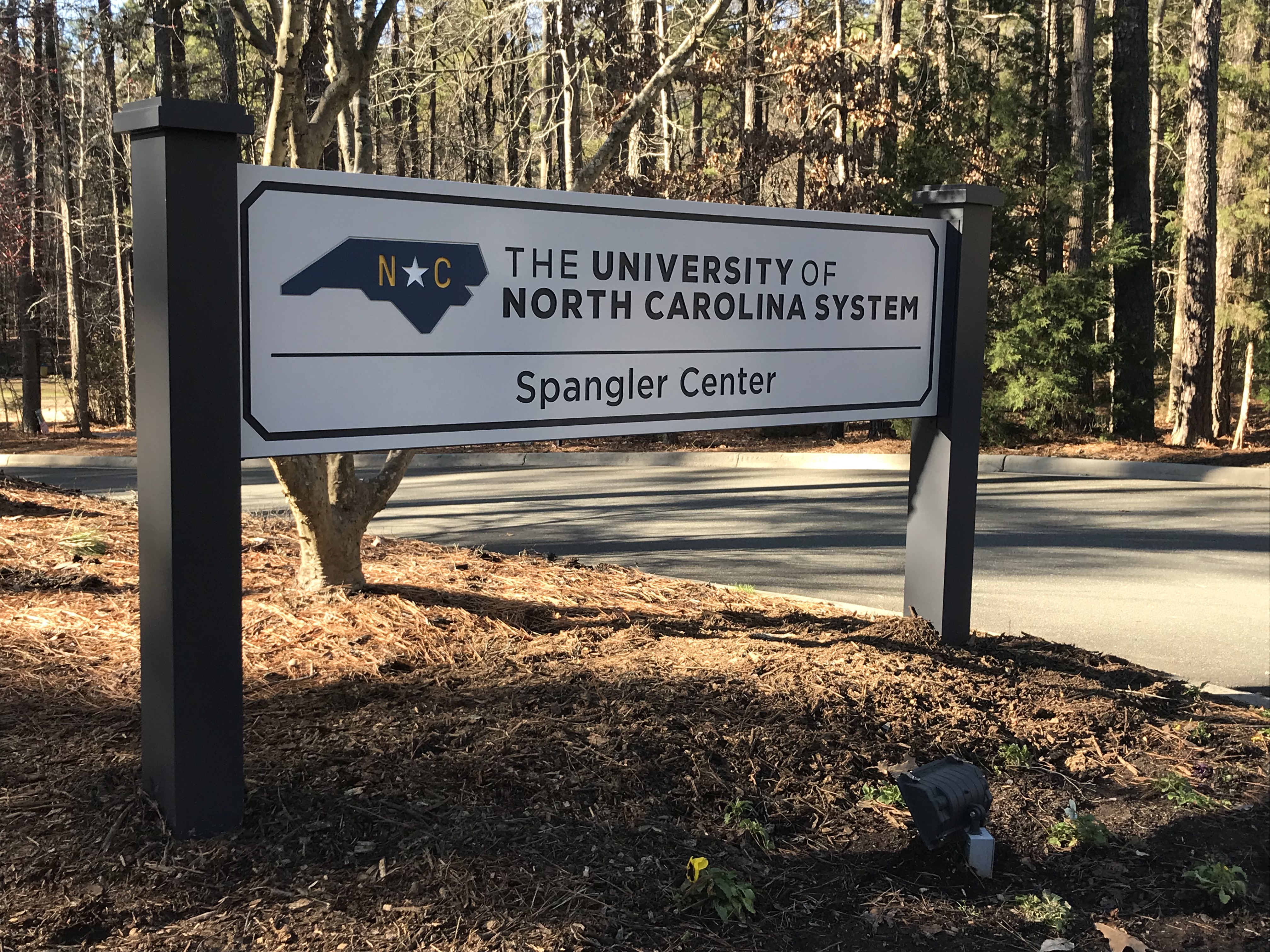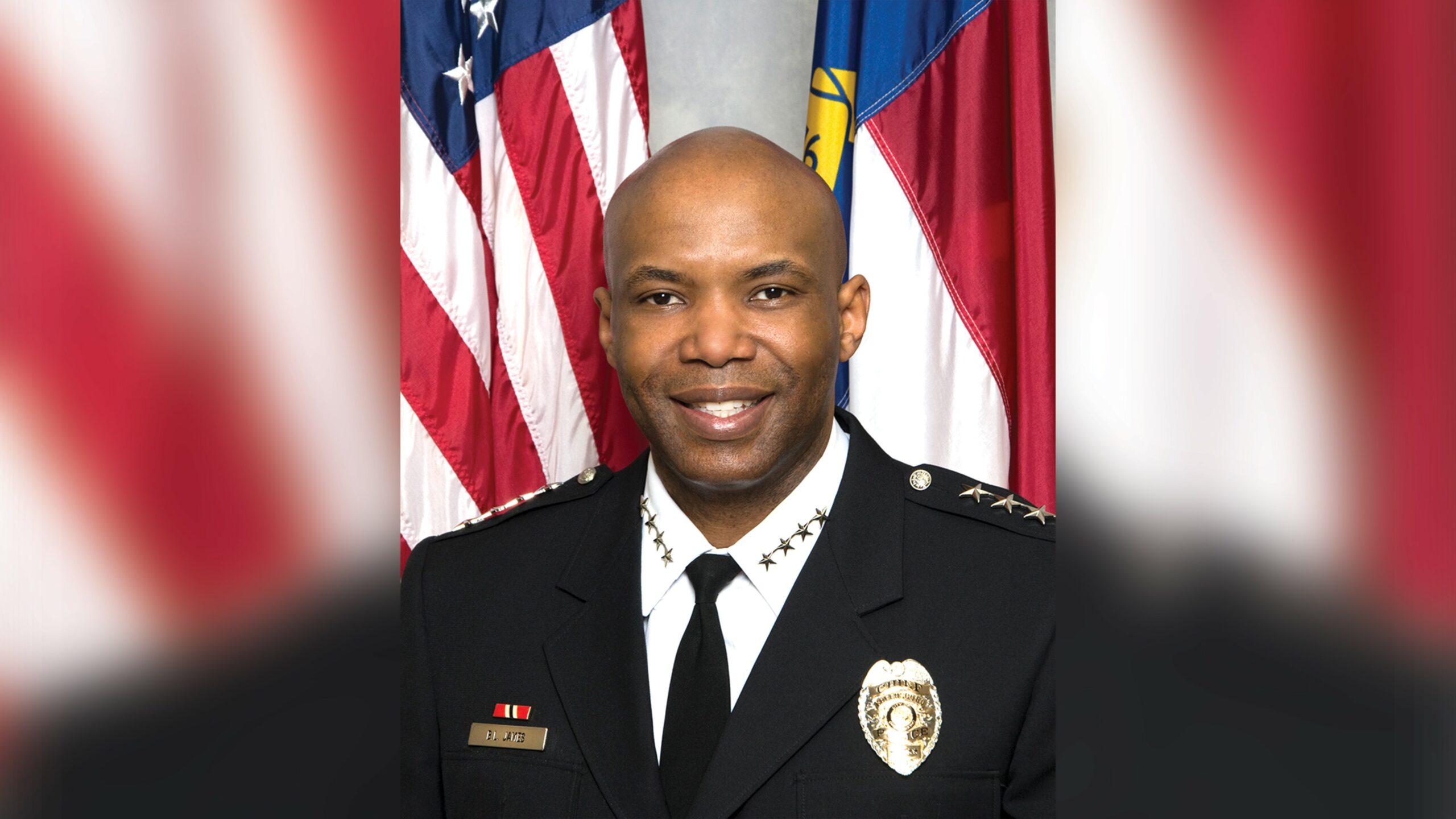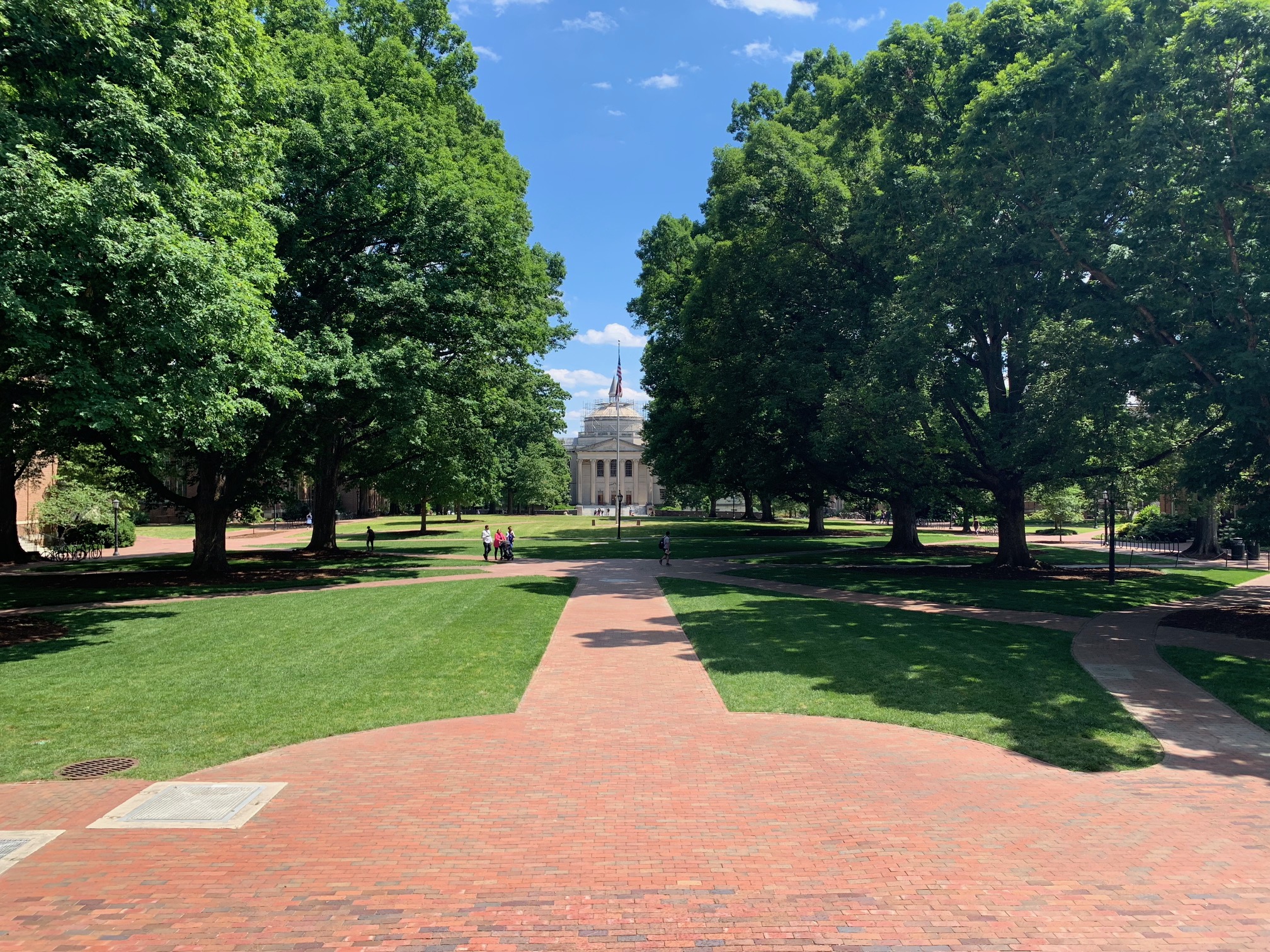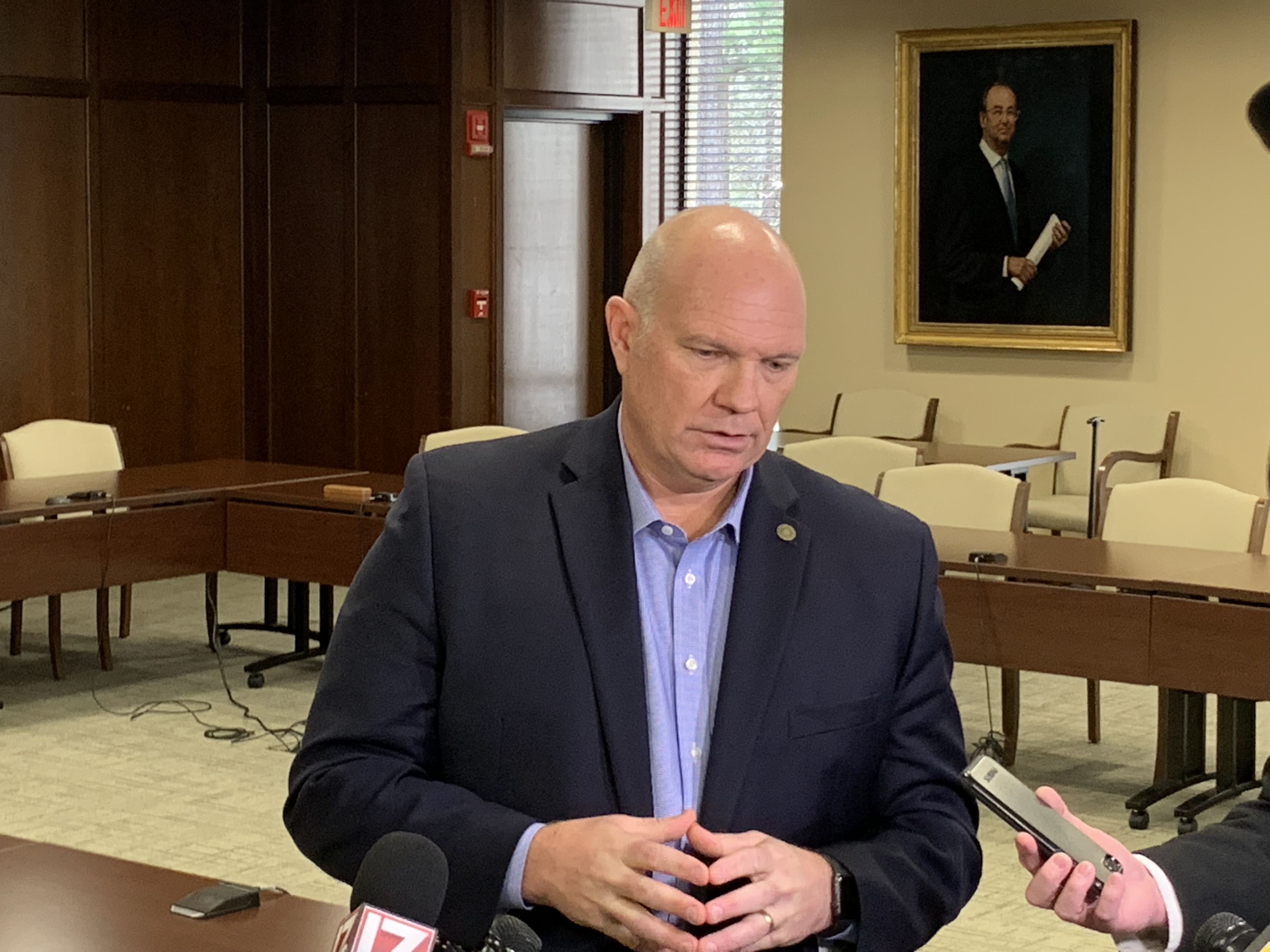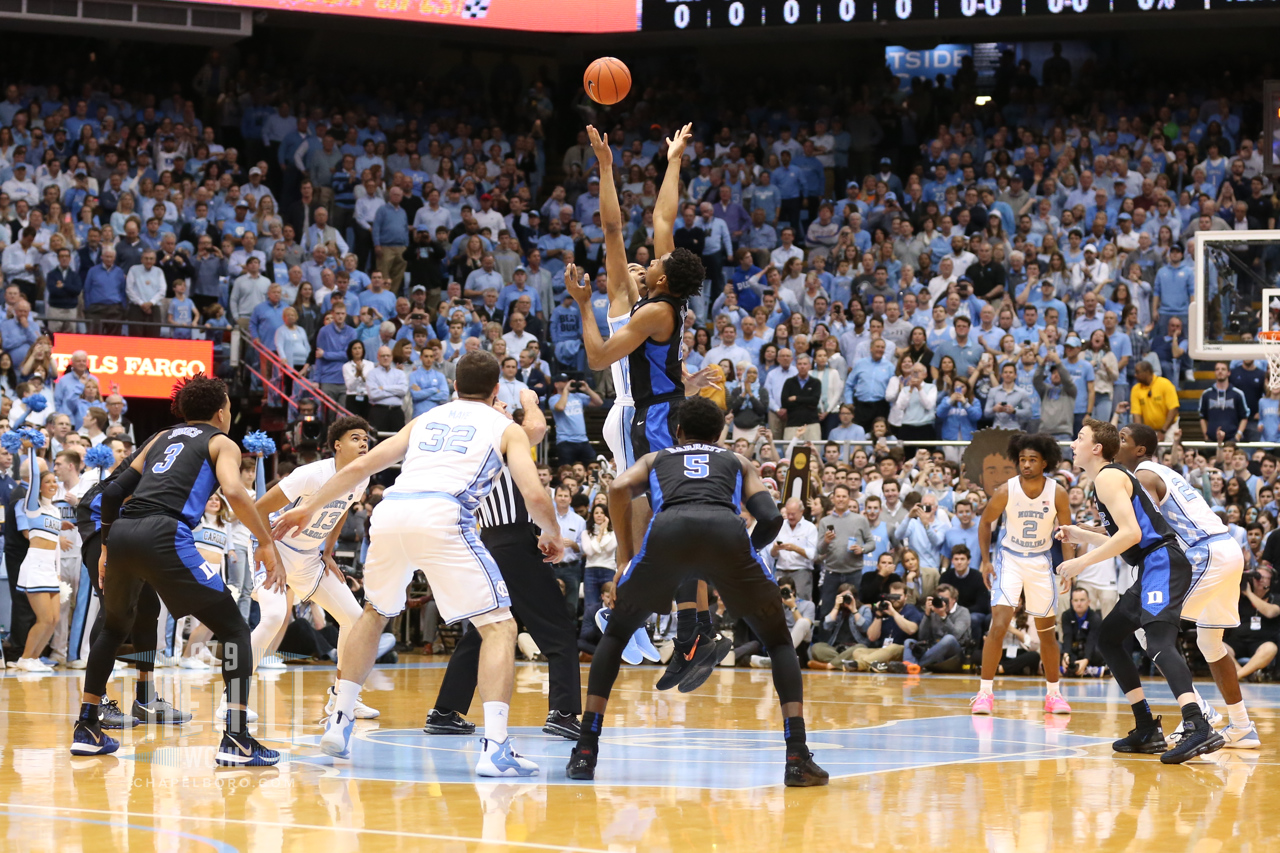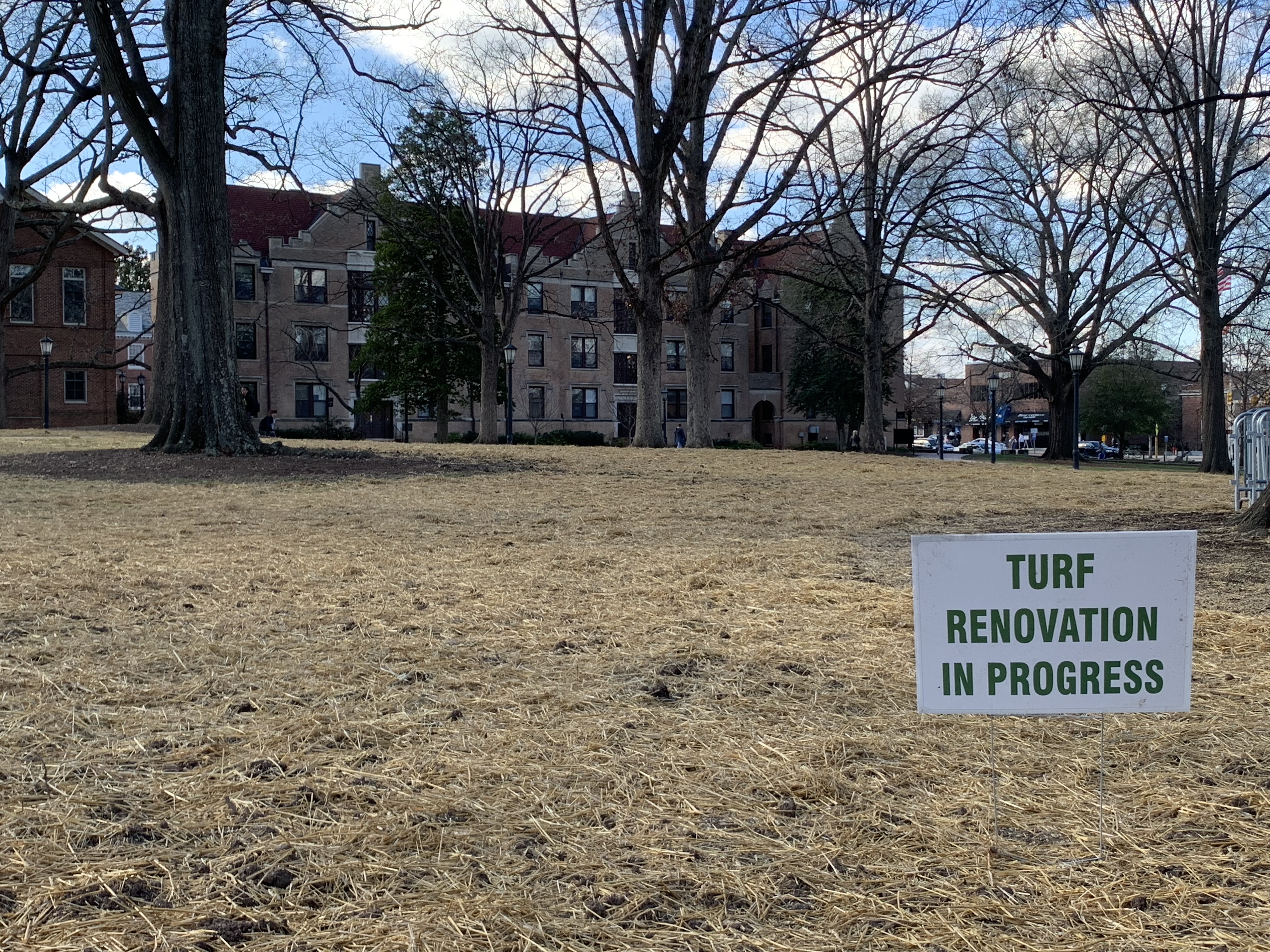The proposed litigation ban focused at the UNC Center for Civil Rights cleared a committee on Tuesday.
“I’m disappointed but not surprised,” director of the UNC Center for Civil Rights Ted Shaw said after the UNC System Board of Governors Education Planning, Policies and Programs committee voted to move the proposed litigation ban to the full board.
UNC Chancellor Carol Folt spoke to the committee during the meeting advocating for the center. Folt said this ban would put a hole in education delivered to students at the UNC School of Law.
“UNC does stand to suffer reputational damage,” Folt said. “More than 600 law school deans, faculty and administrators and hundreds of e-mails to the chancellors and other have expressed people’s opinion about the proposed change.”
Folt added that the “role and legacy” of Julius Chambers – the civil rights attorney who served as the center’s first director – was an important piece for those whom she had heard from.
“People do not disassociate the man and his standing and legacy in the field of civil rights from the Center for Civil Rights,” Folt told the committee.
Folt said there would be “no easy path” to educating aspiring civil rights attorneys at UNC if the ban were enacted. One alternative previously presented to the committee would be shifting the work from being done by the center to creating a civil rights law clinic at the university. But Folt said that would take resources the university doesn’t have.
“That will take not only funding that we don’t have, space that we don’t have, staff that we don’t have, it has an implication to the way we go through our accrediting and needs to receive permissions,” Folt said. “So, in any case, it would take a lot of work to get there.”
Board member Steve Long has been the primary proponent of the ban. He said the university should not be involved in litigation against other state entities.
“The state should not hire full-time lawyers to sue itself or its municipalities,” Long said. He added that “academic centers, which operate under Board of Governors policy, should be focused primarily on academics.”
Board member Joe Knott, who is a UNC School of Law alumnus, agreed with Long.
“A law school is one thing. A law firm is another thing,” Knott said. “If we’re going to have a law school, which we must have and I’m all in favor of it…it needs to stick to its knitting.
“It’s an academic center.”
The committee ultimately approved of the ban by a 5-1 vote with Darrell Allison abstaining. Committee chair Anna Nelson was the only member to vote against the proposal.
“For me, personally, I regret that we are having this conversation at the Board of Governors,” Nelson said. “Ideally, matters such as this would be handled at the campus level.
“I do not question the authority, but the appropriateness.”
Nelson said at a post-meeting press conference that some could view this as overreach. Committee vice chair James Holmes said that his vote on Tuesday was to move the proposal to the full board, where he felt it would be more appropriate.
In an interview after the meeting, Shaw said he was disappointed with what he described as the misrepresentation of the center’s funding and how the salaries of the center’s lawyers are paid.
“The facts don’t get in the way,” Shaw said of the committee’s discussion. “The fact is, once again, that the state doesn’t fund the center, and it doesn’t pay the salaries of the lawyers for the center.”
Shaw’s salary is paid by the state because he is a full-time faculty member. But he said he does not participate in any litigation on behalf of the center.
During the meeting, Shaw drew condemnation from some board members for his description of Long.
“This is not an ad hominem attack; it’s the way I think of him,” Shaw began. “As a kind of a moving assassin because his justifications have changed over time.”
Shaw said that this was a politically driven proposal.
“With all due respect, it’s an ideological hit directed at the Center for Civil Rights,” Shaw said during the meeting.
Long disputed that point after the vote.
“I don’t care what their political ideology is,” Long said. “If it was conservative or moderate or liberal, I’d still be against it, still would put forth this proposal. It doesn’t matter at all.
“But, of course, they’re going to make that argument. I think a lot of people who don’t agree with me politically agree with me on this policy.”
Shaw said he was not backing down from his description of Long, adding that he didn’t believe Long would be satisfied and drop his pursuit of the ban if the center were to operate as a clinic.
As for the members who voted for the proposal on Tuesday, Shaw said, “Shame on them.”
The ban could now go before the full board at its September meeting.
Photo via Blake Hodge

